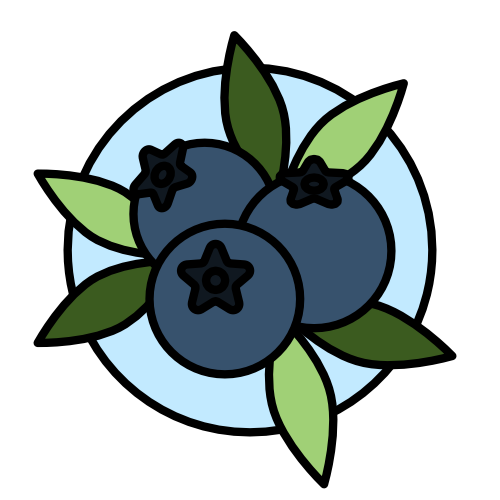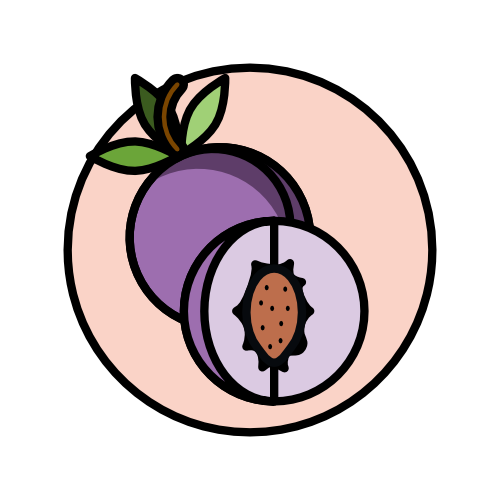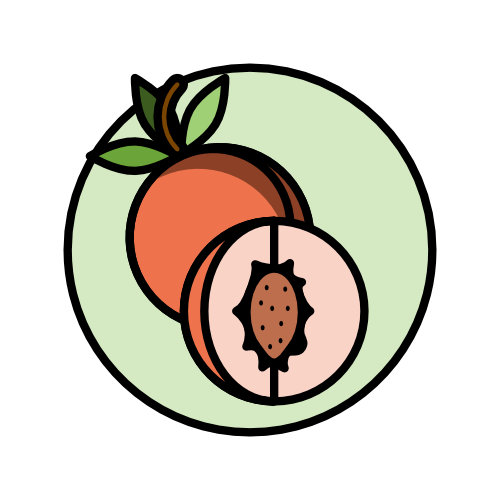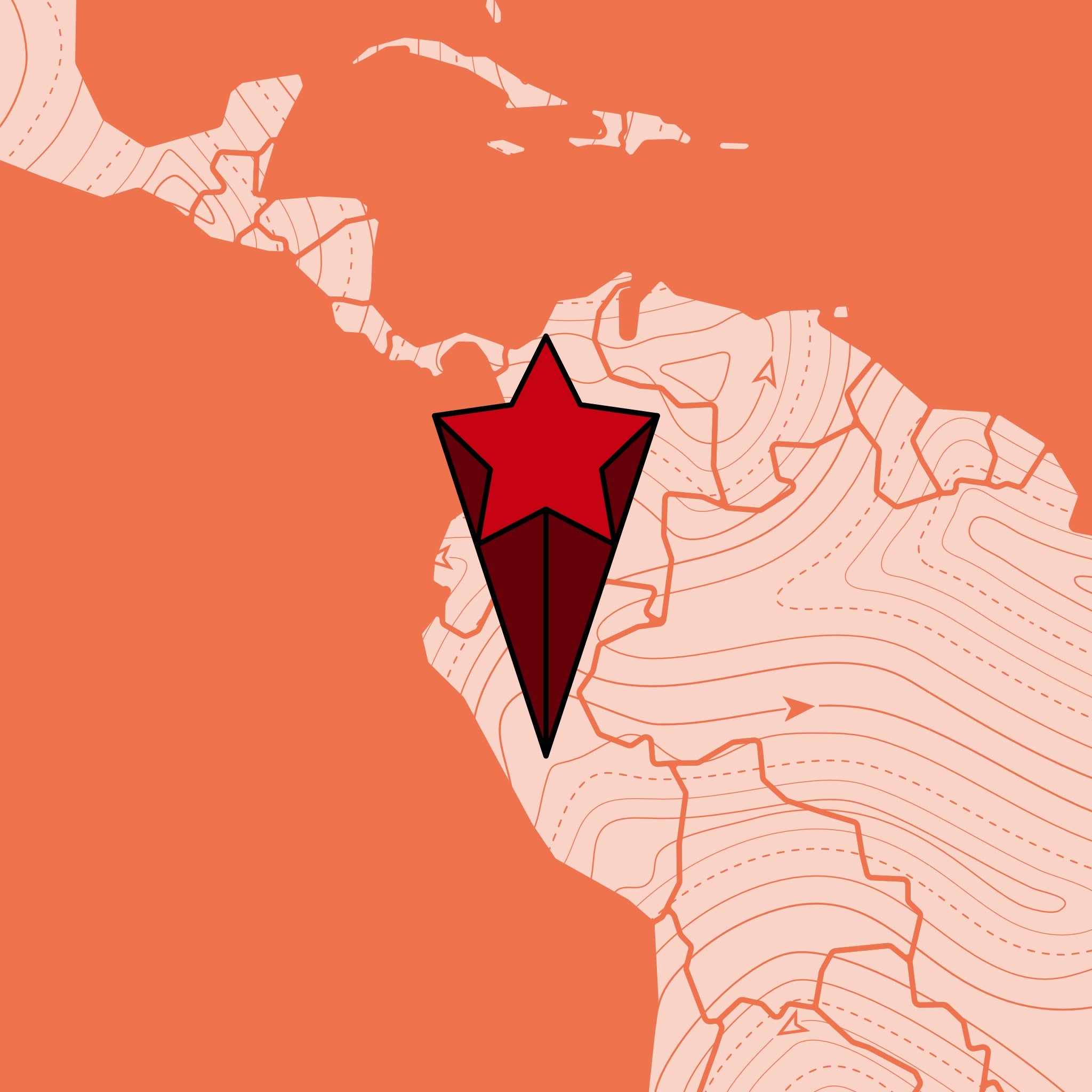Andy Llanos is a second generation coffee farmer from Santa Rosa in Colasay district. Andy, a trained mechanic, co-owns and manages the Pluma Dorada farm along with his mother. He returned to Colasay to take over the family farm when his father's health deteriorated and by 2016 Andy had replanted and renovated all of the farm himself. As well as the inherited land, Andy has bought a nearby 3 ha plot where he is planting geisha, sidra and wush wush.
Andy is very passionate about coffee and loves to experiment in the farm, as he says, it’s his playground. Walking around the farm you can see all sorts of different varieties, plant spacing and pruning techniques. Since access to good, reliable agronomic advice is quite hard to come by in Peru most producers have to see what works through trial and error, something that Andy really enjoys. La Pluma Dorada is mostly planted with Tabi variety, which Andy loves for it’s production and cup quality. Locally known as Alto Marañon, recent genetic testing shows that this is in fact Tabi, a Colombian hybrid variety which is one of the few catimor lines to produce tall tree types. It tends to have a small dense bean and demonstrates great cup quality in the Colasay area.
Andy is constantly experimenting with fermentation methods and this year has given particular emphasis to washed processing with an extended, submerged fermentation. Andy decided to process his coffee this way because he wanted to give the cup a more heavily fruited character since the variety can sometimes be slightly herbal, it’s more noticeable in shorter fermentations, at least in the case of Pluma Dorada. After picking, coffee cherries were rinsed of any dirt and floated to remove some defective or light beans, this step is done at 5 to 6pm and so Andy leaves the clean cherry to rest overnight before pulping at 6am the next day. After the 12 hours ferment in cherry, the coffee is pulped and placed in sealed barrels with an oxygen valve and covered with fresh spring water and any juices that came off the fermented cherry (known as mosto). This is then left to ferment for 48 hours before being drained, washed and the mucilage removed.
Andy dries all his coffee on covered raised beds and constantly moves the coffee to ensure a slow and even drying. Depending on the weather conditions the coffee takes between 12 and 15 days to dry and once dry to around 11% the coffee is bagged up and rested for 14 days before cupping.






